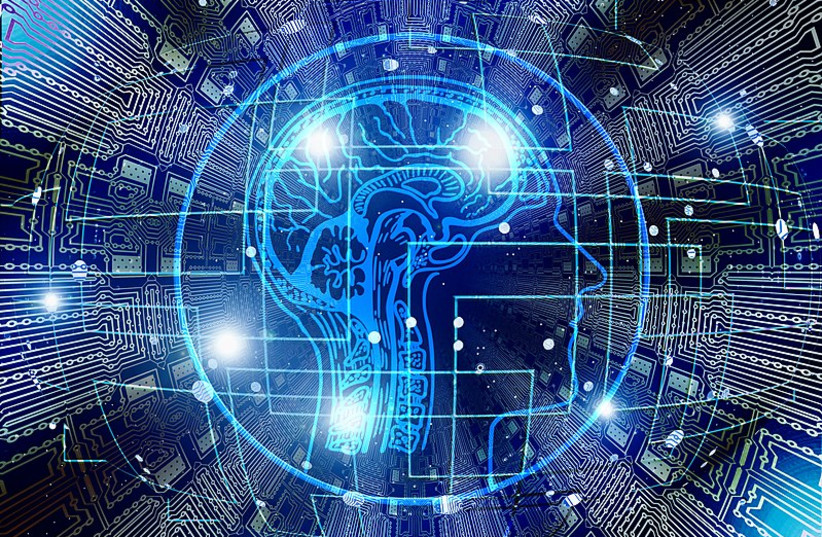Michal Tzuchman Katz left software engineering to attend medical school. It wasn’t long until she realized that tech and medicine approach information in vastly different ways.
In computer science, data is processed simultaneously, but when physicians conduct clinical reasoning, they put into practice their own “mental maps” of medical knowledge and experience for each specific patient.
This gap in approaching data results in AI chatbots that interact with patients in ways that simply don’t serve doctors – or patients, for that matter – the way they are intended to. Through her experience in both fields, Michal saw an opportunity to help create a medical AI that actually reasons the way physicians do.
Kahun has developed a clinical reasoning solution, specifically designed for doctors to understand and trust. The engine scours a huge database of evidence-based literature and uses the findings to generate clinical insights tailored to each patient. Unlike any other AI engine, its insights are referenced and backed by links to the original source of the information.
A step forward in implementing AI in a clinical setting
The feat represents a remarkable step forward for implementing AI in a clinical setting. AI often has a “black box” problem, when the algorithm gets an input and gives an output, without showing what the process that took place actually was.

AI with a “black box” is difficult to trust because we don’t know how it reaches its conclusion and therefore can’t evaluate the process. In Kahun’s case, not only is the process transparent, but by using scientific information from medical journals and linking back to them, a physician can vet the algorithm’s reasoning and conclusions.
So far, the focus has been on primary care, but now Kahun will add new subspecialties and expand its go-to-market efforts. Armed with a total of $13 million in funding and backed by Waze co-founder Uri Levine, among others, the company aims to offer the gold standard of clinical assessments for telemedicine.
“This funding empowers Kahun to continue updating and improving the world’s largest map of evidence-based medical knowledge,” said Eitan Ron, co-founder and CEO of Kahun. “The technology behind our AI solution follows the same building blocks that trained physicians rely on. By using peer-reviewed texts and trusted academic literature from every area of medicine, we built a digital medical adviser that is trained to think like a physician and relieves the burden they face by integrating tools that they can trust into their workflows.”
The funding round comes on the heels of a partnership with the New England Journal of Medicine (NEJM), one of the most prestigious peer-reviewed medical journals. The journal has an application called NEJM Healer, which is an interactive, online-education application that helps students learn clinical reasoning. NEJM has turned to Kahun to help power its expansion.
“NEJM Healer medical experts harness the AI-driven content from Kahun to create highly curated illness scripts to expand our case library and help educators teach clinical reasoning through deliberate practice.”
Jeffrey Drazen
“NEJM Healer medical experts harness the AI-driven content from Kahun to create highly curated illness scripts to expand our case library and help educators teach clinical reasoning through deliberate practice,” said Jeffrey Drazen MD, an editor for NEJM Group.
Clinical reasoning is at the heart of a health provider’s work. It’s the process by which doctors connect the dots between data points they receive from patients and the conclusion. Kahun has built a tool that “speaks” to physicians in their own language and provides full transparency for its insights. By deploying AI tech like this, doctors can offload a lot of burdensome work, and the technology can help leverage their performance and help with fighting major healthcare challenges, such as physician burnout, fatigue and provider shortages.
Industries usually give resistance when technology is deployed, which shifts the dynamic of the work. Professionals are often worried about being replaced by technology. But innovation is a force we cannot nor should stop.
Fifty years from now, there is no way that people will look back and say that in 2022, we had exactly the right blend of technology and human input, and medicines were at their pinnacle. Technological progress will transform and most likely improve the medical profession as well, as it did with countless other industries.
